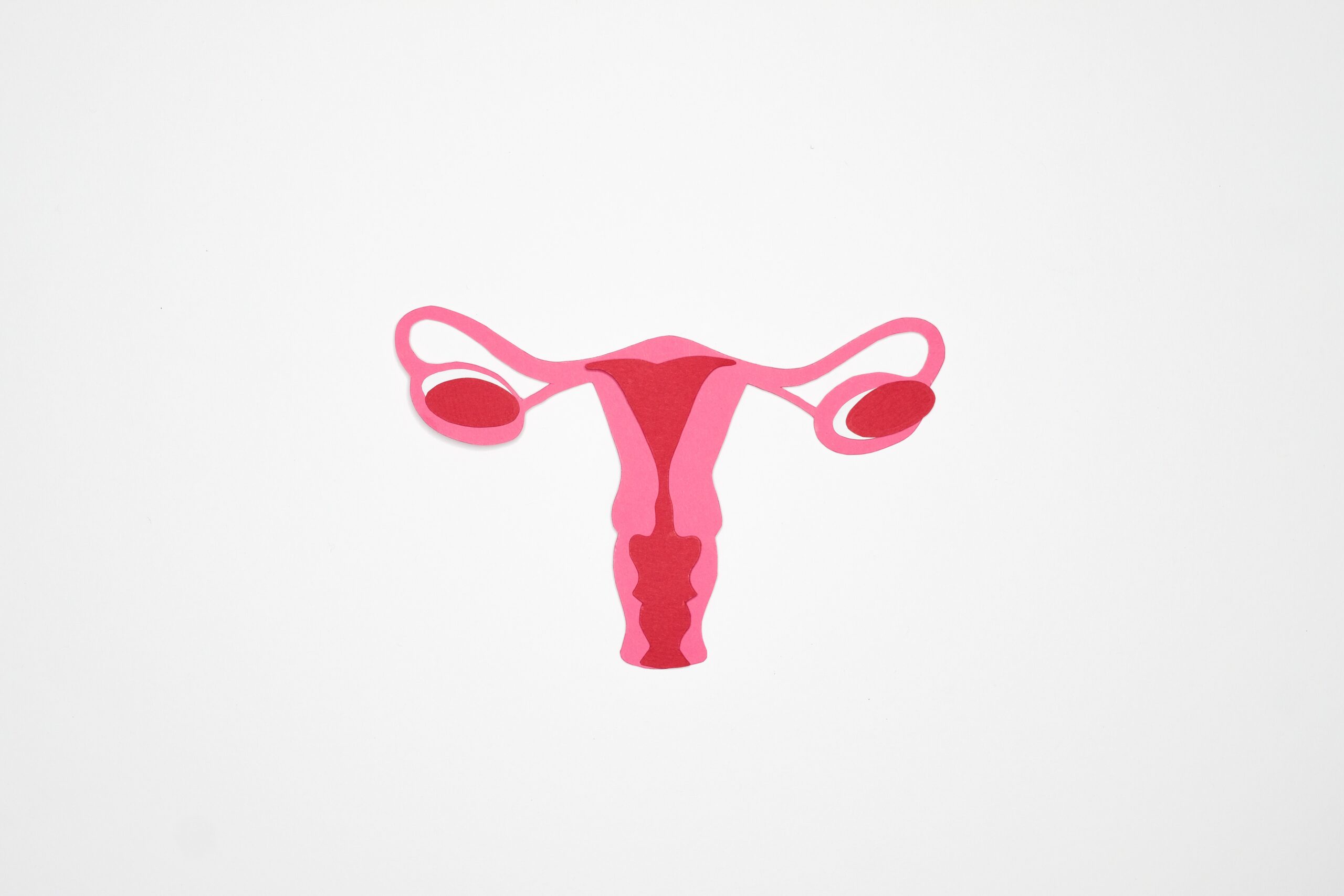Female hormones play a vital role in women’s health, including metabolism and libido. These chemicals, secreted by ductless glands, act as messengers within the body and regulate various functions. Hormone levels vary from person to person, but the normal range of female testosterone is between fifteen and seventy nanograms per decimal. To gain more of an insight about your hormone health, you can undergo a woman’s health check. Understanding the role of female hormones in health can help women recognise signs of hormonal imbalance, and cope with the natural decline of female hormone levels as women get older.
The Ovaries
The ovaries produce most female hormones, including progesterone and oestrogen. These hormones have major effects on reproductive health and can even lead to health issues. In men, testosterone is the dominant hormone, but females also produce low levels of it. In women, the main effect of female hormones on reproductive health is oestrogen, which regulates the menstrual cycle and promotes a healthy body and mind.
After pregnancy, oestrogen levels start to decline and return to pre-pregnancy levels. However, breastfeeding a baby reduces oestrogen levels, which can lead to a delay in ovulation. Eventually, a woman will reach menopause, a time when she no longer has menstrual periods and is no longer able to conceive.

Imbalances
An imbalance of female hormones is common, but not normal and is often caused by a condition. For example, low levels of progesterone or oestrogen can cause heart disease, osteoporosis, or premenstrual syndrome. Luckily, natural methods for correcting hormonal imbalances are available and can be as simple as adequate sleep and exercise. Although, some people may find that they lack in multiple hormones and it may be more difficult to balance these out.
Symptoms
Symptoms are experienced differently for everyone. It is important to be in tune with your body so that you recognise when something feels off. Some of the most common symptoms that women face is:
- Fatigue
- Palpitations
- Mood swings
- Hair loss
- Infertility
- Bloating
- Weight loss/gain
- Acne
- Low libido
Symptoms may vary from mild to severe, and there is a possibility for them to worsen over time if hormones continue to fluctuate and create a greater imbalance. Many women find that introducing vitamins into their daily lifestyle can help balance out their hormones, as well as implementing a healthier diet. Your GP can give you more information on ways you can evenly balance out your hormone levels depending on which ones you lack.
Tests And Treatment
A simple blood test can determine if your hormone levels are out of balance. If your results are positive, hormonal contraception can help regulate your menstrual cycle and relieve the symptoms of hormonal imbalance. Your doctor may prescribe other treatments to correct your hormonal imbalance. The goal is to help you achieve the level of balance you desire and enjoy in a healthy way. There are many benefits to balancing your hormone levels. So don’t wait any longer! Get checked today!

Sophie is a fashion editor with a focus on luxury brands and fabric innovation. She writes about quality craftsmanship, offering insights into what makes timeless pieces truly stand out.



